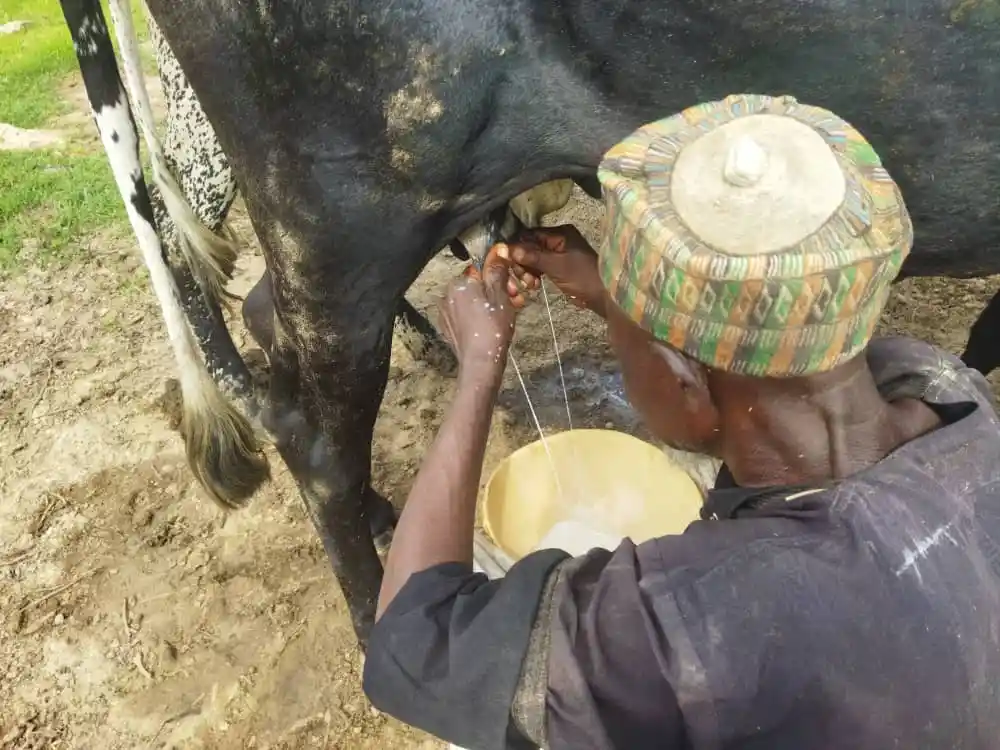A coalition of more than 115 experts spanning agrifood systems, public health, and policy is calling on the United Nations to ensure that efforts to eliminate trans-fatty acids do not inadvertently restrict access to milk, meat, and other essential animal-source foods, particularly for populations in low- and middle-income countries.
 |
| Source: Premium Times |
The concern arises from a draft UN declaration aimed at combating non-communicable diseases (NCDs) such as diabetes and heart disease by removing all trans-fatty acids from global diets. While artificial trans-fats — commonly found in processed foods — are widely recognised as harmful, experts caution that naturally occurring trans-fatty acids present in small amounts in meat and dairy products pose no known health risk and may even offer protective health benefits, including lowering the risk of type 2 diabetes.
In an open letter addressed to UN negotiators, signatories warned that “a blanket commitment to eliminate all trans-fatty acids risks discouraging consumption of highly nutritious animal-source foods — with the greatest impact falling on populations already facing nutritional deficits.”
The letter, coordinated by the International Livestock Research Institute (ILRI) and supported by the African Union Inter-African Bureau for Animal Resources (AU-IBAR), reflects input from representatives of the UN Committee on World Food Security, Global Alliance for Improved Nutrition (GAIN), and World Alliance of Mobile Indigenous Peoples (WAMIP).
Non-communicable diseases disproportionately affect developing countries, where early-life undernutrition contributes significantly to adult obesity and diet-related diseases. In Africa alone, one in five people faced hunger in 2023, and approximately one-third of children under five suffer from stunted growth.
Animal-source foods — including milk and meat — provide critical, bioavailable nutrients such as high-quality proteins, Vitamins A and B12, calcium, zinc, and iodine. Evidence indicates that daily milk consumption can enhance child growth by up to three percent monthly, yet in some of the world’s poorest regions, annual per capita milk intake remains as low as 1kg.
“Milk remains one of the most affordable and nutrient-dense foods available,” said Dr. Namukolo Covic, ILRI’s Representative to Ethiopia. “It plays a proven role in reducing stunting and alleviating hunger. Efforts to eliminate industrial trans-fats must not compromise access to such life-saving nutrition.”
Dr. Covic further noted that industrial trans-fats, primarily a byproduct of processed food manufacturing, are not prevalent in many African countries, whose emerging food systems have the opportunity to prioritise healthier, locally sourced foods as they develop.
The UN’s draft resolution is currently undergoing member state review, with a final version expected to be tabled at the UN General Assembly this September. Meanwhile, discussions will continue during the upcoming UN High-Level Political Forum, scheduled for July 14–23 in New York, where progress towards Sustainable Development Goal 3 (Good Health and Wellbeing) will be evaluated.
Professor Ruth Oniang’o, renowned food scientist and Editor-in-Chief of the African Journal of Food, Agriculture, Nutrition and Development, emphasized: “The natural trans-fatty acid content of animal-source foods is minimal compared to industrially derived trans-fats. Their nutrient contribution, even in small amounts, is critical for populations where alternative nutrient sources are scarce.”
She concluded by urging UN negotiators to adopt a balanced, evidence-based resolution that differentiates between industrially produced trans-fats and those naturally found in animal products, thereby protecting the dietary needs of vulnerable populations.




No comments:
Post a Comment
What's do you think about this News Story? Share your thoughts here, let's learn together...